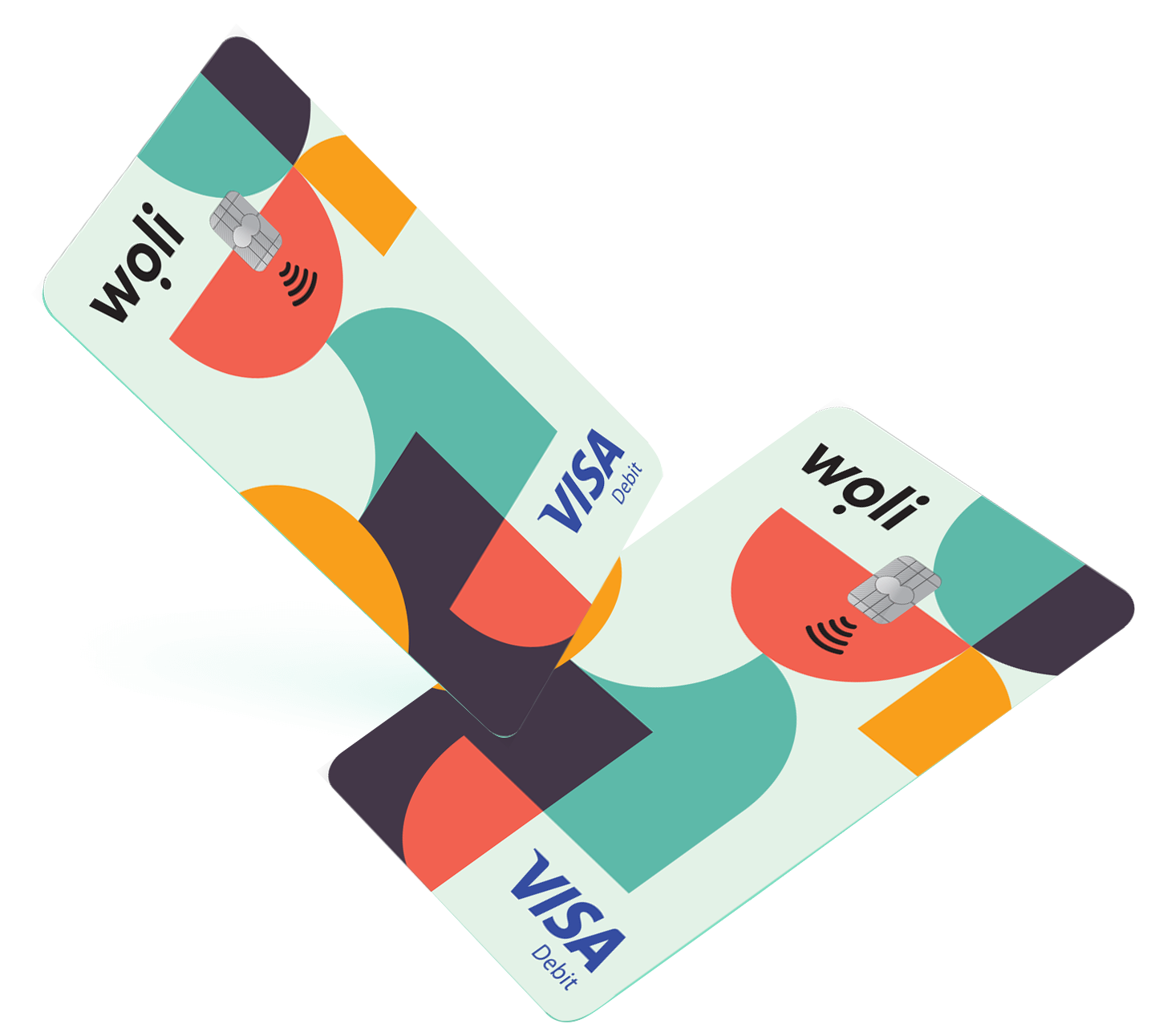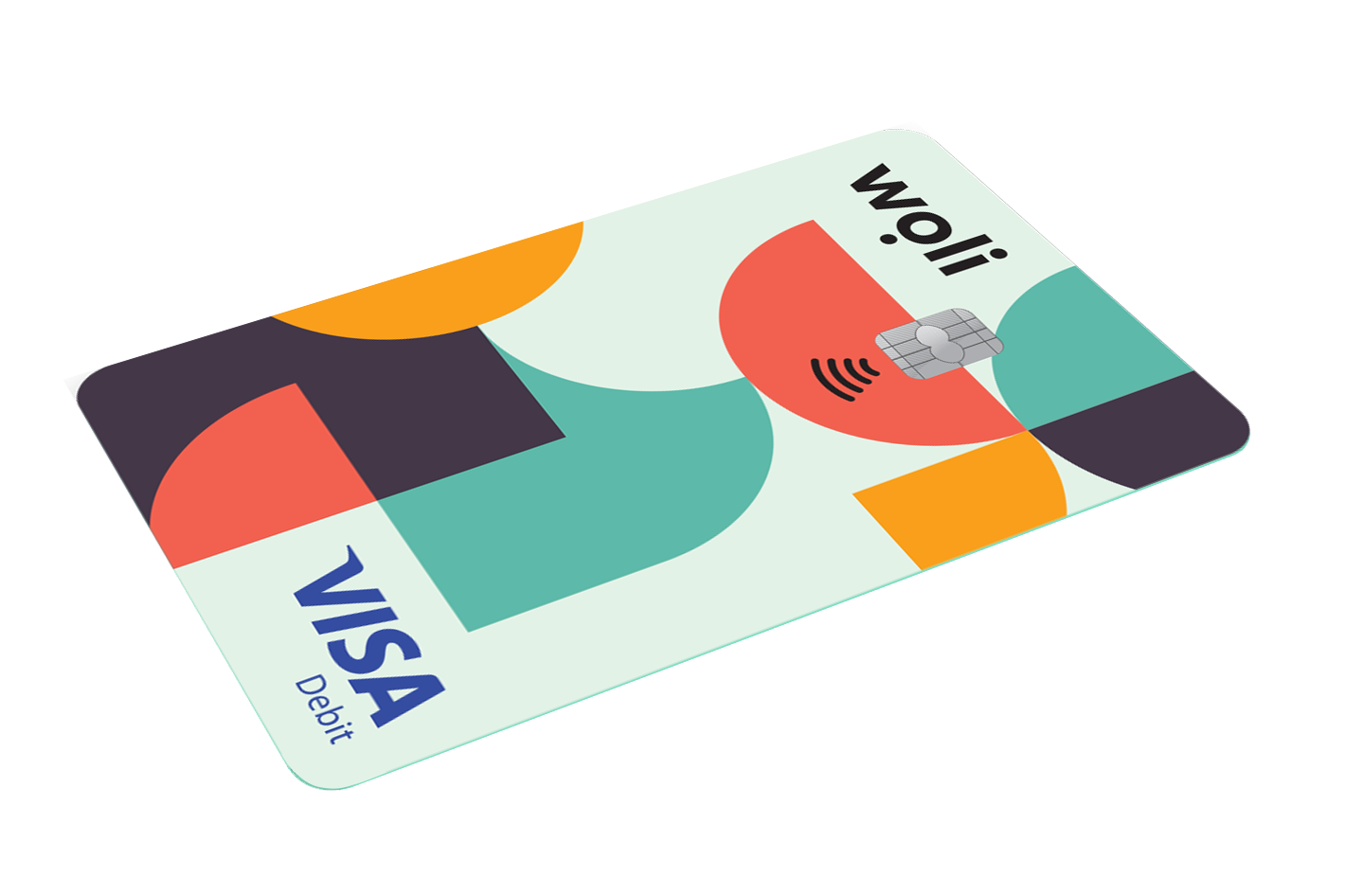It’s time to start the beautiful journey to the port of knowledge – Woli Academy. Let’s take a brief look at the design and the general rationale behind this beautiful adventure for our children and us, the parents. The old notion that children do not need to have knowledge on money has now been overcome. Enter financial literacy!
Financial literacy is gaining more and more fans worldwide. Why is that? A key reason is the belief, which is now supported by more and more scientific findings, that when children learn early on the appropriate skills of managing financial (and not only) resources, they keep and utilize them throughout their lives. Several scientists argue that these skills are among the most important “gifts” we can offer to children, with a positive impact throughout their lives!
At Woli Academy, we meet the various “knowledge stations” (our thematic units). We will have the opportunity, as parents, to understand all the parameters and skills that children will acquire as they follow the various imaginative educational activities. Several articles, written intelligently, will describe each thematic unit either addressed to the adult (parents’ articles) or to the child (children’s articles).
Woli Academy is built exclusively for children. Here, the thematic units are transformed into pleasant activities and quizzes, helping the theory to become a reality and then knowledge! Let’s now take a quick first look at these sections and why they have been selected:
The first section, and fundamental one, is “Getting to Know Myself”. Children recognize their skills, their dreams, their own resources (gifts/qualifications) and responsibilities, they separate their wants from their needs, they understand how to become active citizens. This module serves as a basis on which all “technical” skills come to rest, building a functional personality and a strengthened adult of tomorrow.
Then, we meet the “The Journey of Money”. We see how money evolves from historical times until today, and examine the changes in its nature. Ultimately we dive into how, through a series of processes, money becomes the income in our account, the result and fruit of our work.
Moving forward to the section “Savings and Expenses”, we teach children the secrets and methods of savings. We train them to make plans and set goals, while at the same time they become familiar with useful ways to properly manage their expenses.
“Smart Consumer” is another section that prepares and guides children on how to successfully overcome various consumer traps, stemming from either advertising or pressure from peer behavior. Kids learn how to manage financial stress and therefore claim their financial well-being.
“Financial Skills” is another particularly useful section, since it trains children by analyzing the fields of planning and budgeting, borrowing and debt, and smart investments as well. On “How to become an Entrepreneur”, children grasp the benefits and the way they could at some point engage in “doing business”, of either social, economic or hybrid nature.
Finally, another section is “Above all, safety!”. Kids learn to operate with security as their main priority, both in the virtual (online) and in the real world.
Selected topics from all the above modules, appropriately combined, compose distinct educational packages which beat monotony and support learning in a pleasant and fun way.
To conclude, a “Glossary” is gradually developed with all the basic concepts that we gradually conquer as we come across them in our educational experience.
Let’s have a great start in this amazing journey!









